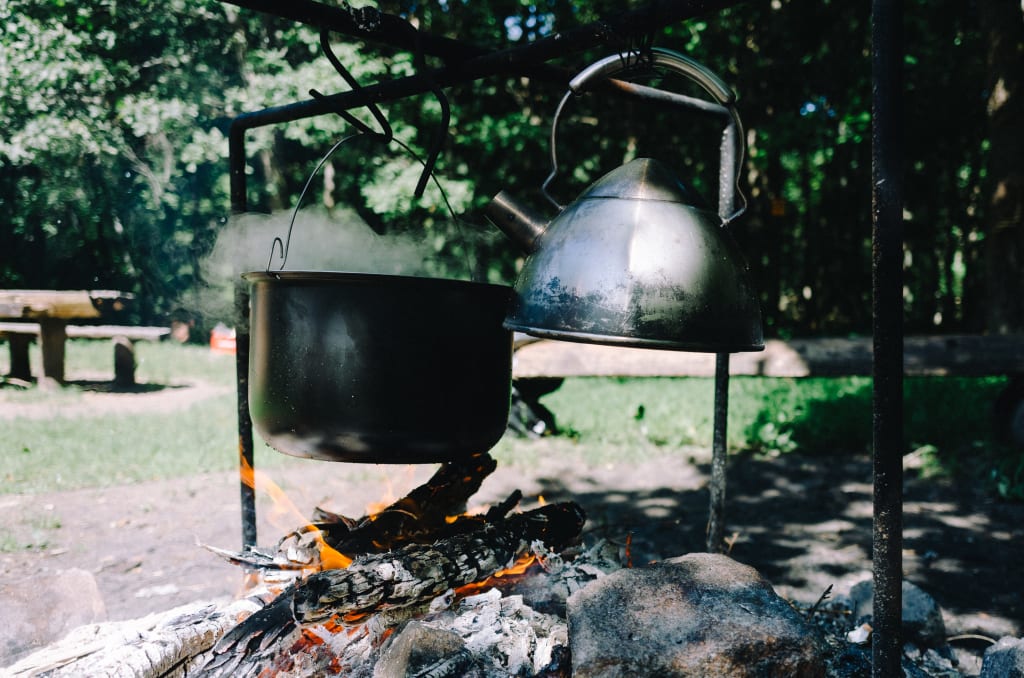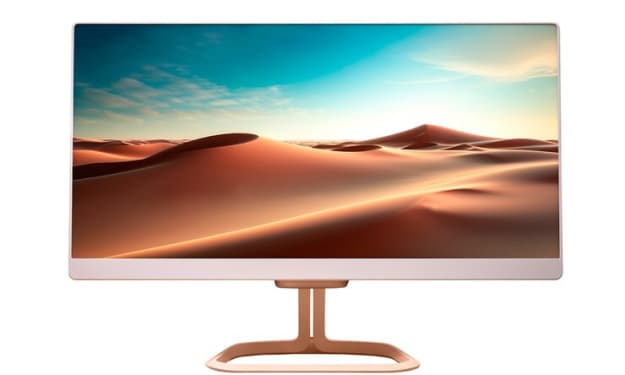An Antidote to Stressful Living
My Minimalism Story

When I was a child I used to swim under the water of swimming pools and fantasize about becoming a mermaid. Later on I went through a lengthy period of pirate obsession, and much later I left school to solo travel round Europe. A desire for freedom has been one of the most important themes of my life so far, it ranks with relationships and purpose as one of my essentials for a happy existence.
Having returned from my travels in Europe thoroughly inspired by the fact that I could live out of a small backpack for two months and only get mildly furious at the lack of trousers, I started university. Here it was organisation and determination that would get me through, not daydreaming and scatty wandering. Like so many other students, I struggled with these things, as well as a decent bout of anxiety, depression, and frustration. If I was in any doubt about not being the only one who went through this, I only had to take one look at the bittersweet memes of the Student Problems Facebook page to know my soul wasn't the only one being mushed up by university life.
So I needed something to pull me out of this funk, help with deadlines, make my daily life calmer and nicer, allow me to claim some kind of identity as a conflicted millennial, as well as satisfy my urges for the nomadic life I craved.
And lo! What beautifully laid out new trend was waiting for me now that I had reached the 20 something age of "making internet informed lifestyle choices"? Minimalism; the perfect biscuit accompaniment to my life cup of tea (and very possibly yours too). If you haven't come across the term, it is simply the idea that in your life you keep everything that you love and need and get rid of everything else, making room for more things you love. Thus, your home and mind become less cluttered and you are free to focus on what you really want in life.
I knew as soon as someone put a word to the theory that it would suit me, the difficult thing was putting it into practice. At first I only really thought about getting rid of material things. For people in the past, there was no effort required to get to a state where you only have the minimal amount of stuff. It was only in the 1970s that disposable incomes enabled us to accumulate more possessions than we knew what to do with. As I'm fortunate enough to have a home and plenty of material objects, I spent lots of time trawling through bright sparse YouTube videos and kon marie-ing all my pants to get my things down to just those that I really loved. It took a lot longer than I thought; I tried to capsule my wardrobe, or to put everything in boxes like The Minimalists, but eventually it was Marie Kondo's worldwide bestseller The Life Changing Magic of Tidying Up which was the most helpful, as well as the beautiful videos of Jenny Mustard. With their help and by constantly reminding myself of the things I would gain from the change, I managed to get rid of multiple bin bags and am now living in a new country with only a suitcase and rucksack full of clothes and shoes, with a few books and memorabilia left at home. The turning point came when I realised it was all about the things I was keeping, not the things I was getting rid of.
As I grew accustomed to the ideas of minimalism, I began implementing it into other areas of my life; sometimes unconsciously. If I didn't love or need something I was eating, I stopped eating it, and became a vegan. There's no way I could say I loved or needed my insecurities and irrational fears, and it became easier to let go of them, especially with the tranquil influence of an uncluttered living space. I left an unhappy relationship and became a nicer, more confident person. I have a much better idea about who I am, want I want and what's important.
There is no one way for everyone to "minimalise" (not a word), and similarly there are a thousand ways different people might benefit from it. However one becomes more minimalist, I honestly believe that every single person can benefit from it. For proof, I look to the beautiful, rich and happy lives of people in economically poor parts of the world compared to the empty, unfulfilling and lonely lives of people in the richest. In the western world, society tells us to fix our emotional fissures with money to spend on stuff which clutters our mindsets and prevents us from giving ourselves and others what we need. If we were all to turn round and use the minimalist approach on these societal beliefs, they should be the first things to be cheerfully tossed out into the metaphorical bin.
About the Creator
Nancy Stapleton
22 year old with itchy feet and a liking for the unexpected
Enjoyed the story? Support the Creator.
Subscribe for free to receive all their stories in your feed. You could also pledge your support or give them a one-off tip, letting them know you appreciate their work.






Comments
There are no comments for this story
Be the first to respond and start the conversation.